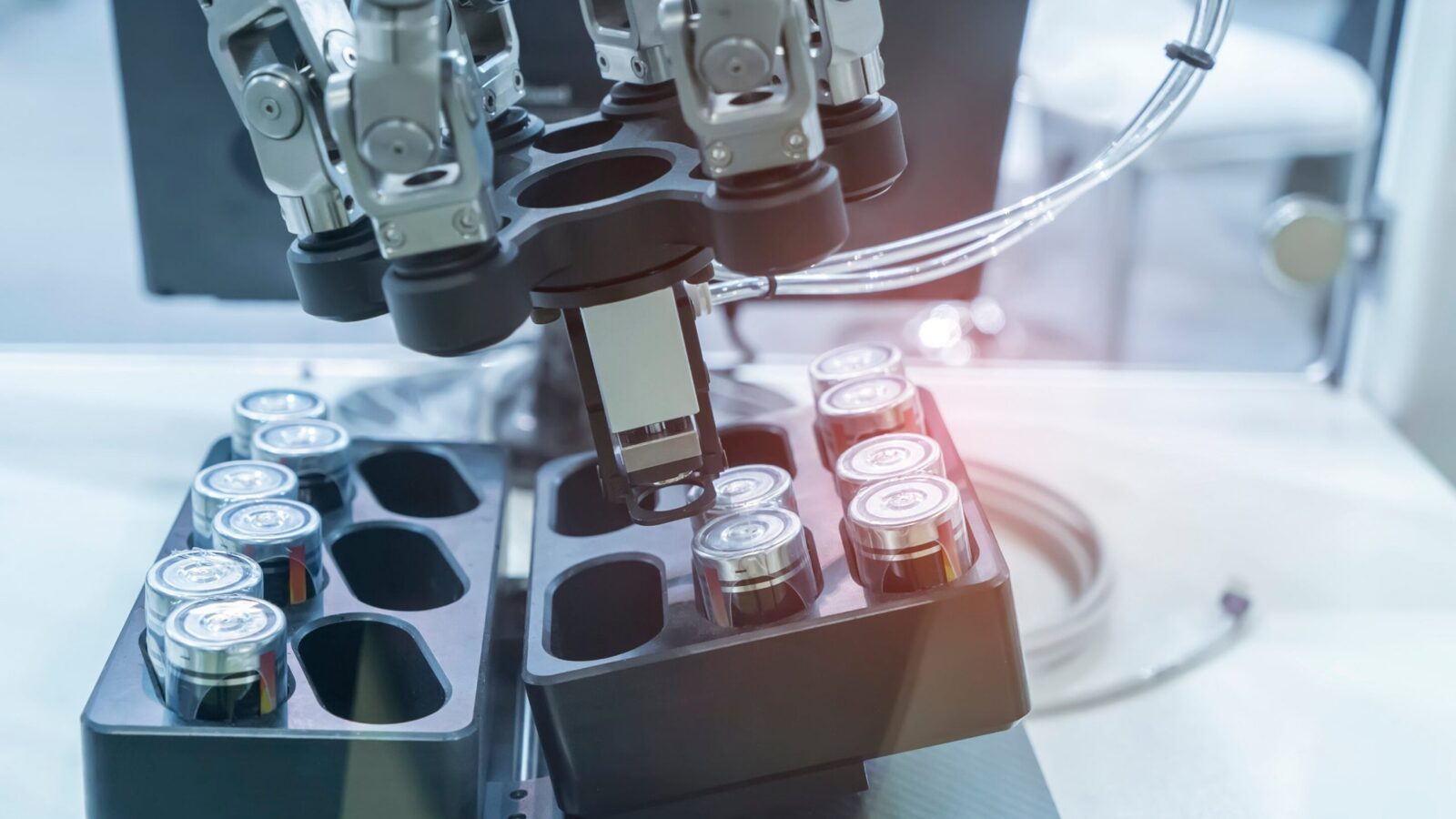Importer / producer
Read all frequently asked questions by importers and producers due to the merger of Stichting OPEN and Stichting Batterijen.
Why are you merging?
Because we are stronger together. In more than one way. The partnership is mainly the result of the need for a more integrated approach to the collection and recycling of batteries and electrical appliances. This will eventually lead to efficiency improvements through the integration of systems and processes, a stronger representation of producer interests and a greater influence on policy.
What does the merger look like from a legal perspective?
The short answer:
In a legal sense, it concerns a merger between Stichting OPEN and Stichting Stibat Services, which is the administrative organisation of Stichting Batterijen.
The longer answer:
Stichting OPEN and Stichting Batterijen have entered into a partnership at both the administrative and the operational level. One aspect of this partnership is the merger between Stichting OPEN and the administrative organisation of Stichting Batterijen (Stichting Stibat Services). Through the Batteries Federation, Stichting Batterijen (for importers and producers of portable batteries) and Stichting EPAC (for importers and producers of bicycle batteries) join the governance structure of Stichting OPEN.
How will this merger affect us?
Your organisation will primarily experience (positive) changes with regard to communication, processes and access to a broader range of services. The merger will hardly affect your daily operational processes, if at all. Likewise, any direct contacts you have will be unaffected.
What are the key benefits of the partnership?
The key benefits are a stronger collective voice, improved efficiency through the eventual integration of systems and processes, a potential reduction of long-term costs and a stronger negotiating position with the government and other stakeholders.
What about the statements? What do we have to know?
Nothing will change in the short term. As an importer/producer of electrical and electronic equipment (EEE), you will continue to submit your statements via the familiar MyOPEN portal. The following applies to importers/producers of batteries: you will continue to use MyBatbase to submit your monthly, quarterly or annual statement for 2023. In part because of the new joint platform, you only have to submit your annual statement for 2024 in January of 2025. Per January 2024, a number of major participants will receive periodical provisional invoices from Stichting OPEN. If that is the case for your organisation, you will receive a personalised update about this.
What is the reason behind the rate increase for batteries?
The new Battery Directive entered into force in August 2023. Producers must increase the collection percentage (currently 45%) to 63% by 2027. Even without this goal, the costs of collection, transport, processing and recycling are increasing. We all have to do our part to absorb these price increases. Furthermore, the necessary stronger focus on safety also contributes to higher rates for the processing of batteries. The basic principle of the rate differentiation is that each type of battery (depending on its chemical composition) must be able to pay for its ‘own’ collection and recycling costs. After all, different compounds – from zinc and manganese to nickel and lithium – have a different environmental impact.
As a foundation, we strive to perform our compliance duties adequately and in a cost-effective manner to ensure that importers and producers unequivocally meet their producer responsibility.
What is the reason behind the rate increase for EEE?
The rates for some product groups are increasing as a result of various market developments. In particular, investments in safety and higher collection rates as well as rising costs due to increased fuel prices and wage costs factor into these inevitable rate increases.
What will happen to our current contracts and agreements?
For EEE participants, the current agreement will not be affected. As a participant in the current Stibat, you will move to Stichting OPEN per 1 January 2024 under the (new) General Binding Statement.
